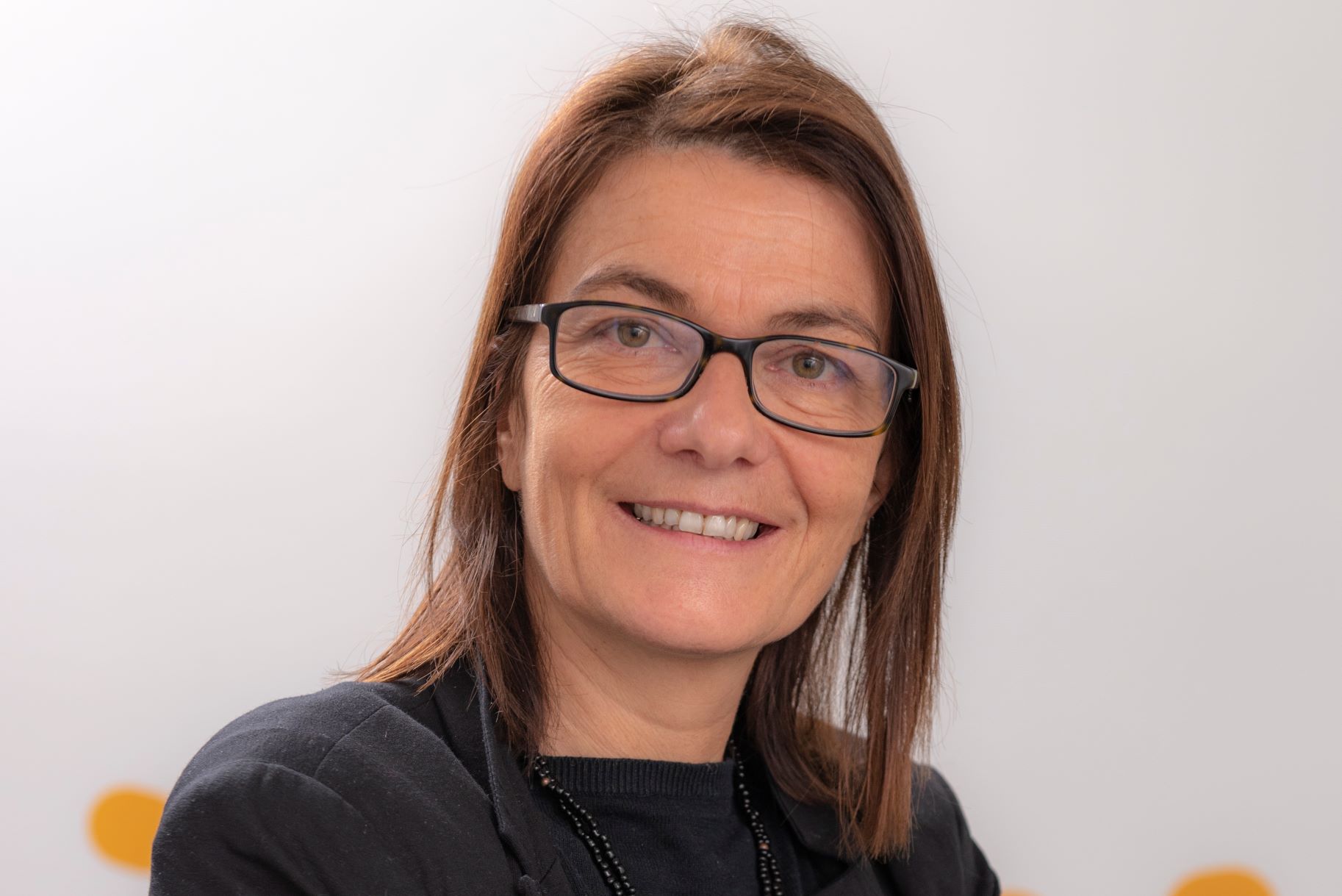
How did you get into the world of research?
During my studies, the research spark was initially lit by classes in epistemology and history of science, and more specifically the scientific revolution which led to the classification of psychology as a science. Authors such as G. Bachelard or K. Popper opened my eyes to the concepts of science and scientific culture. It was a fascinating subject for a young student.
This naturally guided me towards the cognitive approaches that were, for me, the closest to these perceptions of science, which in turn resulted in a work placement with one of the rare cognitive science laboratories in existence at the time. There, I took part in seminars led by philosophers, linguists, psychologists, physiologists, neuro-scientists, computer engineers and mathematicians, and I discovered multi-disciplinarity and their enthusiasm for pitting their knowledge against each other to enlighten everyone and foster scientific excellence. Things were buzzing (and exploding too!) and I discovered that behind the modelling of a cognitive process lay a concept of the mind, a formalisation of concepts, bio-inspired rules, or not, etc. It was thrilling!
What are the focal areas of your work at present?
I currently have two focus points. The first is mostly fundamental and is aimed at a deeper understanding of the role of intrinsic motivations (self-determination, inquisitiveness) in learning and cognitive activities throughout a lifetime (from childhood to elderly adulthood), as well as in cognitive disability situations (neuro-development disorders such as autism or intellectual deficiency).
The second focus point takes a more applied approach with studies to design and assess new digital technologies for educational or re-education/rehabilitation goals. This work involves combining digital approaches (i.e., human-machine interaction and technology which is adaptable and adaptive to the needs of users for the task at hand), Human Factor approaches (ergonomics, user experience and acceptability) and psycho-educational or neuro-educational aspects depending on the objectives targeted by the technology.
What are your long-term goals or ambitions?
Like many of my colleagues, I have diverse goals. On a personal level, I hope to continue fostering my passion for this profession through projects which fascinate and motivate me, thanks to the scientific collaborations they entail. In addition, and above all, I hope to continue participating in the building of a more inclusive society with less social inequality, particularly in terms of age and /or cognitive diversity. This is why my work is increasingly geared towards collaborations with companies or citizen science projects, so that the such transformations will be co-led and more rapidly effective. The more we advance in these areas, the more impatient I become!